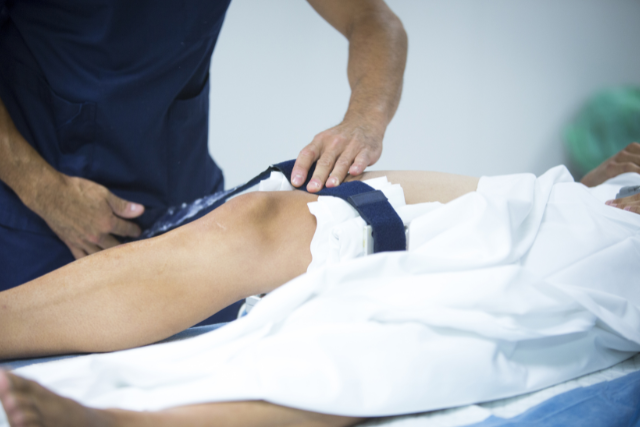Orthopedic
Diagnosis: Orthopedic specialists use a variety of diagnostic tools, including physical examinations, imaging tests (such as X-rays, MRI, or CT scans), and sometimes laboratory tests, to accurately diagnose orthopedic conditions or injuries.
Non-Surgical Management: Many orthopedic conditions can be effectively treated without surgery. Non-surgical treatment options may include medication (such as pain relievers or anti-inflammatory drugs), physical therapy, exercise programs, immobilization (such as braces or casts), orthotic devices (such as shoe inserts or splints), and lifestyle modifications.
Surgical Intervention: In cases where non-surgical treatments are not effective or where the severity of the condition warrants surgical intervention, orthopedic surgery may be recommended. Orthopedic surgeons perform a wide range of procedures, including arthroscopic surgery, joint replacement surgery, fracture repair, ligament reconstruction, and spinal surgery, among others.
Rehabilitation and Physical Therapy: Following surgery or as part of conservative treatment, rehabilitation and physical therapy play a crucial role in restoring function, mobility, and strength to the affected area. Physical therapists work with patients to develop customized exercise programs and rehabilitation protocols tailored to their specific needs and goals.


Pain Management: Orthopedic patients may experience pain as a result of their condition or injury. Orthopedic specialists often employ various pain management techniques, including medications, injections (such as corticosteroids or viscosupplementation), physical modalities (such as heat or cold therapy, ultrasound, or electrical stimulation), and alternative therapies (such as acupuncture or chiropractic care), to help alleviate pain and improve quality of life.
Preventive Care: Orthopedic specialists also focus on preventive care strategies to help reduce the risk of musculoskeletal injuries and conditions. This may include education on proper body mechanics, ergonomics, strength and conditioning exercises, injury prevention programs, and lifestyle modifications.
Collaborative Care: Orthopedic treatment often involves a multidisciplinary approach, with orthopedic surgeons working closely with other healthcare professionals such as primary care physicians, physical therapists, occupational therapists, sports medicine specialists, rheumatologists, and pain management specialists to provide comprehensive care to patients.

